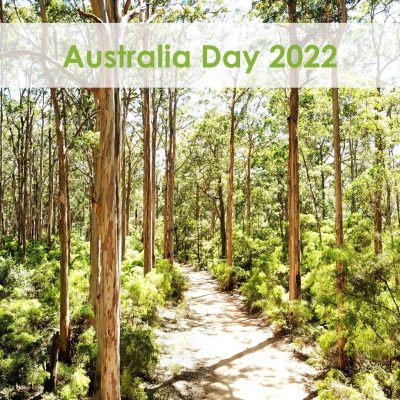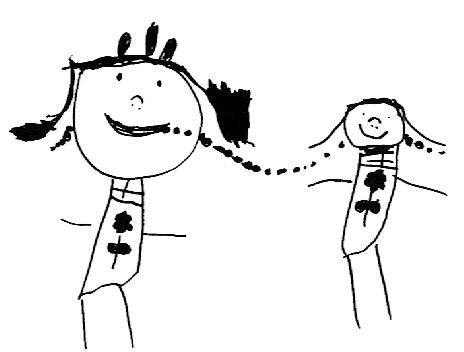 Donald Horne coined the origin of Australia’s nickname as the lucky country in his 1964 book, The Lucky Country. Although this nickname is used by proud Australians positively, the original intention of the phrase was negative. This dichotomy metaphorically represents the Australia Day debate that occurs each January 26 and offers us a pause to reflect on this nickname transcontextually (Bateson, 2016). The lucky country for who? We must consider the truthful story of Australia’s colonisation and contemplate the lasting impacts on Aboriginal Peoples, who were unlawfully invaded and have endured genocide.
Donald Horne coined the origin of Australia’s nickname as the lucky country in his 1964 book, The Lucky Country. Although this nickname is used by proud Australians positively, the original intention of the phrase was negative. This dichotomy metaphorically represents the Australia Day debate that occurs each January 26 and offers us a pause to reflect on this nickname transcontextually (Bateson, 2016). The lucky country for who? We must consider the truthful story of Australia’s colonisation and contemplate the lasting impacts on Aboriginal Peoples, who were unlawfully invaded and have endured genocide.
Australia Day was not always held on January 26, so as we celebrate this year, we must look back and forward to the future and consider the call out to change the date. Just as Easter is not held on the same day each year, Australia Day could be celebrated on another day.
Reggio Emilia Australia Information Exchange (REAIE) supports Loris Malaguzzi’s cultural manifesto, written before his death, ‘Una Carta per tre Diritti, A Charter of Three Rights. This charter proposes that the rights of children, teachers and families from diverse cultural backgrounds are indissolubly woven together (Cagliari et al. 2016). In the broader context of a society, we would add that REAIE supports every citizen’s right within an ecosystem that produces culture and democracy. Therefore, we must consider the rights of Aboriginal peoples who experience ongoing trauma triggered by Australia Day being celebrated on January 26 each year.
Perhaps we could consider creating another public holiday that demonstrates national recognition of Australia’s history, just as globally countries celebrate significant historical days? For example, Italians celebrate Liberation Day on April 25 to mark the end of the Nazi occupation, and Germans commemorate the reunification of East and West Germany on October 3. Australian Aboriginal peoples ask us to create another date to remember their history, losses, and survival. We need to listen and respect the rights of the forgotten.
This year on January 26, as you gather with family and friends, REAIE asks you to spend a moment to reflect on how you will support the rights of Aboriginal Peoples and contribute to the collective healing and unification of our country in the future.
Deb Mann, Wakka Wakka woman (REAIE Committee Member), Kerrie O’Neill (REAIE Chairperson).
References:
Cagliari, et al. (2016) Loris Malaguzzi and the Schools of Reggio Emilia: a selection of his writings and speeches 1945 -1993, U.S.A., Routledge.
Bateson, N. (2016). Small Arcs of Larger Circles: Framing through other patterns. England, Triarchy Press.

